India coronavirus: The trauma and pain of being a Covid doctor
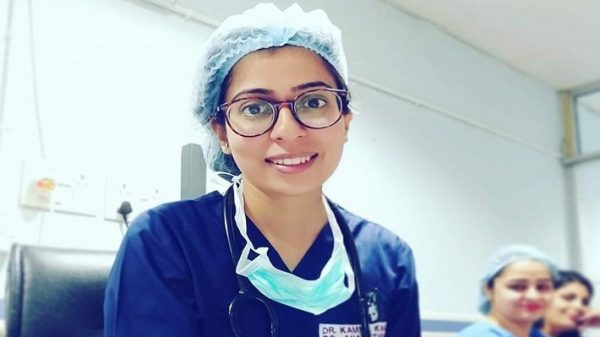
A patient suffering from a long-term effect of Covid-19 in India begged her doctor to take her off the ventilator because she didn’t want to live any longer.
The woman had recovered from a severe bout of the infection after spending a month in critical care in summer and returned home, on oxygen.
A month later, she was readmitted to Pandit Bhagwat Dayal Sharma Post Graduate Institute of Medical Sciences in Rohtak, some 90km (55 miles) from the capital, Delhi. She was suffering from lung fibrosis, an irreversible effect of Covid-19, where fragile parts of the lungs become damaged even after the infection is gone.
During her second spell in critical care, which lasted three months, she wrote a series of notes to Kamna Kakkar, a 28-year-old anaesthetist.
“I don’t want to live. Take me off the tubes.
“You shouldn’t have saved me when I had Covid in summer.”
The patient died soon after, despite all efforts to save her.
Those who work in critical care are used to acute sickness, death and long hours. Dr Kakkar and her colleagues have handled several hundred very sick Covid-19 patients in their hospital since summer. But as the pandemic continues to engulf hospitals, and the disease results in completely unpredictable outcomes for patients, health workers are being driven to breaking point of physical exhaustion and mental frustration.
“Here was a patient who was hopeful, and then hopeless, and then agitated, not wanting to live. It was difficult for me to process her pain,” Dr Kakkar told me.
More than 1,400km away, in the western city of Mumbai, Aseem Gargava, a 31-year-old doctor at the state-run KEM Hospital, reported a similar experience.
A patient, a young man and sole family breadwinner, had a stroke, days before he was expected to go home after recovering from Covid-19. He was paralysed for two weeks before he died. The cause: a blood clot in the lungs, called pulmonary embolism, which can happen in some coronavirus patients.
“Here was a young man, responding to all medication, recovering steadily, beating the virus and getting ready to return to his family. And then, out of the blue, there’s a setback and all is lost,” Dr Gargava said.
“It was so traumatic to break the news to his wife. The patient was with us for 45 days. This helplessness breaks you down more. This disease is so unpredictable.”
As Covid-19 winds its way through India, hospitals continue to be flooded with patients. The virus has now infected nearly 10 million people and claimed over 140,000 lives, according to official counts.
India added lots of beds, but simply didn’t have enough critical care workers to cope with the rising tide of patients. So hospitals have trained practically any available specialist from plastic surgeons to ear, nose and throat (ENT) doctors to anaesthetists to look after Covid-19 patients.
Even that isn’t enough. Health workers say they are completely burnt out. “The pandemic never really left the hospitals. People outside just don’t realise that,” Dr Kakkar said, while dealing with a surge of patients in the winter.
It’s not just the pandemic that has overwhelmed health workers; it is the fear of an unpredictable and predatory pathogen that makes things so stressful.
Doctors say any patient arriving in an emergency room in India with shortness of breath these days is immediately a Covid-19 suspect when she could be actually suffering from heart disease, dengue, scrub typhus or even acid reflux.
But since everyone is a suspect, doctors and nurses have to take precautions, swab every patient, triage carefully, and keep all suspected patients in a separate ward until their results arrive.
When the very sick end up in critical care, forging trust with the patient becomes difficult because they can’t see or sometimes communicate with the doctor or the nurse. “It is very, very frustrating sometimes,” Dr Gargava said.
Doctors and nurses work in scrubs for hours together – wearing protective gear “feels like getting into a coffin every day,” a doctor told me. They share mobile phone pictures of themselves slumped over tables during nightshifts like “zombies”. In June Dr Gargava posted on social media a picture of his wrinkled palm, the result of wearing rubber gloves for hours without a break.
Most health workers haven’t gone home in months – a doctor in Delhi says she saw her child after six months. Many live in hospitals and hotels to protect their families. The last time Dr Kakkar went on leave was after she contracted the infection herself, and chose to quarantine at home with her parents, away from the hospital.



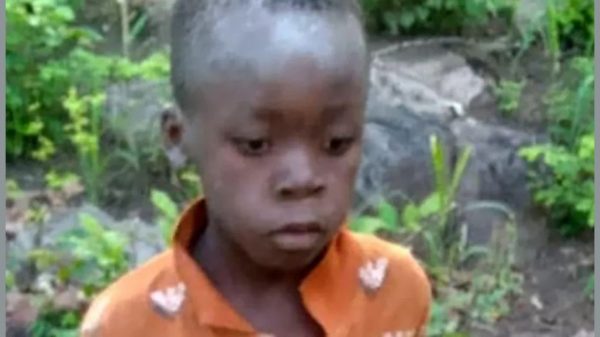






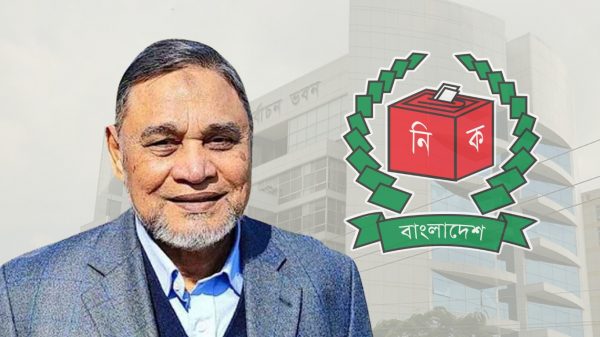
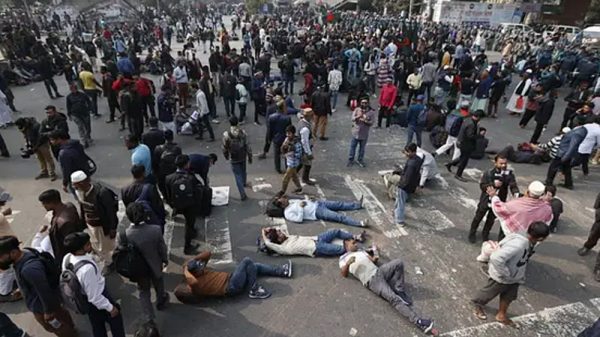
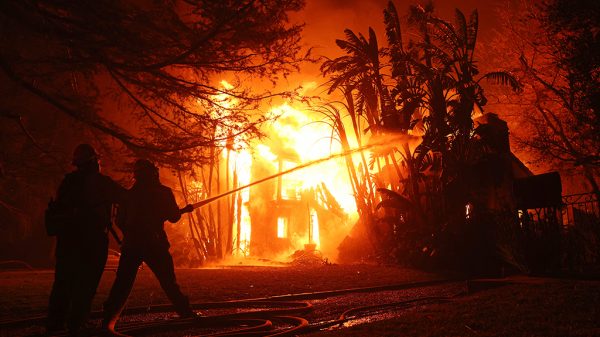

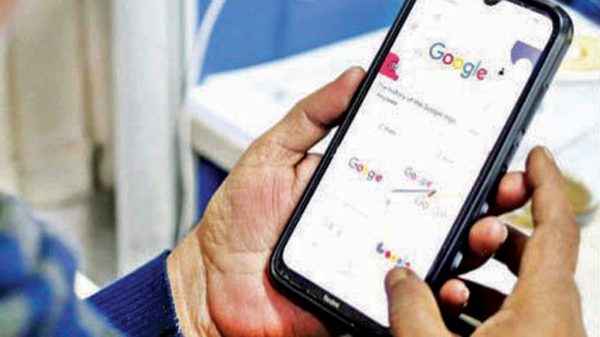

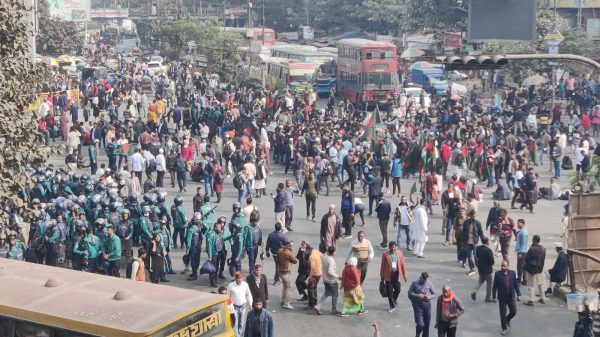
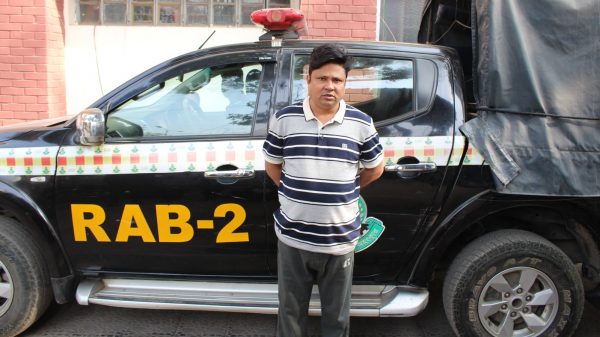











Leave a Reply